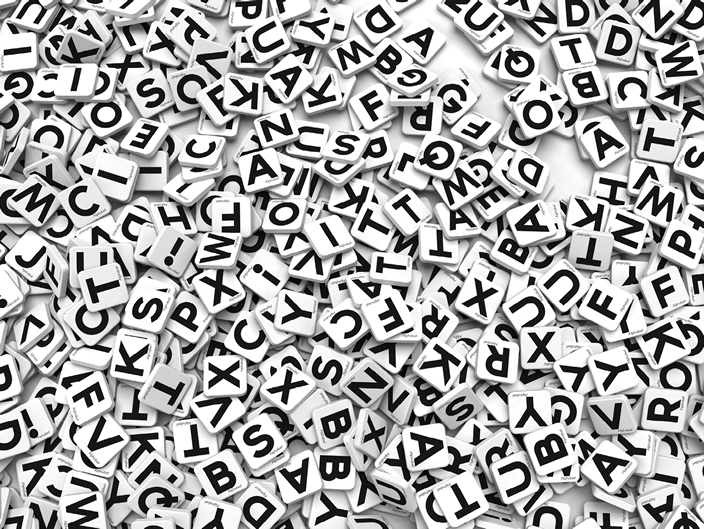
She is amazing – bright, funny, caring and courageous with high expectations of herself. She also lacks self confidence and at times can be angry, hostile or defensive as a result of feeling inadequate.
Unfortunately, she wasn’t diagnosed until the end of Year 4, as we incorrectly thought dyslexia couldn’t be diagnosed below age nine. By this time she had built an amazing number of coping mechanisms into her daily life to try and ‘fit in’ – but deep down she knew that there was something different. This was (and continues to be) incredibly isolating for a child intelligent enough to realise they aren’t getting the same results as their peers no matter how hard they try.
As parents, we noticed inconsistencies: she was articulate but behind in reading, she could answer any maths problem we threw at her verbally yet struggled with her much simpler written homework, her vocabulary was good and her spelling atrocious, she wanted to learn and tried so hard and yet often just couldn’t get it. We Googled, read books, and spoke with many teachers, specifically asking if they thought she could be dyslexic.
Every teacher we asked advised us that she was not dyslexic. Here is what I wish the teachers had told us instead: ‘We are not trained or qualified to identify dyslexia. Should you have concerns, please seek independent advice’. Hopefully they could have assisted in pointing us in the right direction. ‘We are noting inconsistencies and your daughter is not performing to the standard expected. We will work with you to understand this, and help her succeed’.
Our whole family is benefiting from an amazing teacher this year. She has done wonders in assisting to rebuild my daughter’s self esteem, and making appropriate accommodations in an inclusive way. The most important difference has been acknowledging my daughter's efforts.
Dyslexia is a genetic condition in which the brain processes information differently. Whilst you can learn coping strategies, it cannot be cured. It is believed to effect up to one in 10 people to varying degrees. That means that there are likely to be two to three children impacted in every class.
I appreciate that there are many and varied challenges in teaching, of which dyslexia is only one. However, I hope that you may consider supporting dyslexia empowerment week in your schools this October.
I would love to see all schools encouraging young people to believe it is okay to be different and helping them acknowledge that they can still be clever, even if they struggle with our highly reading oriented curriculum.


































































































































